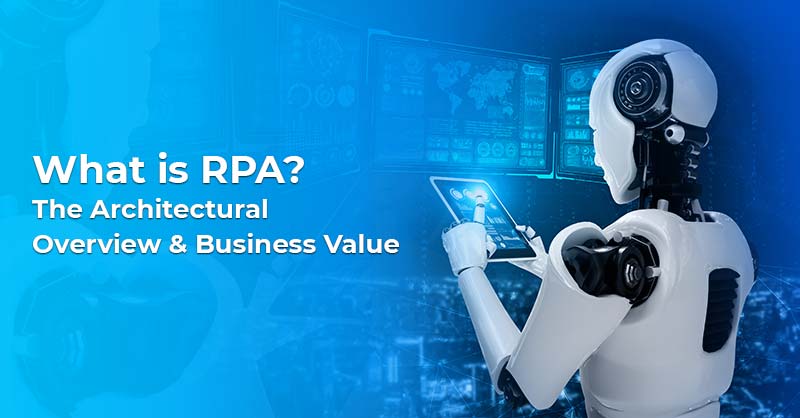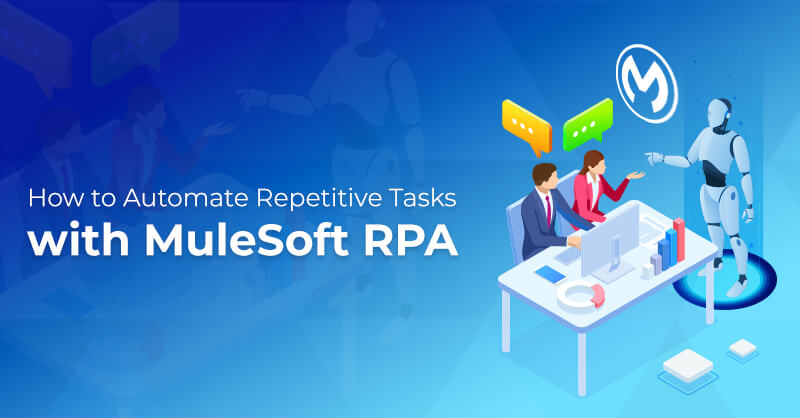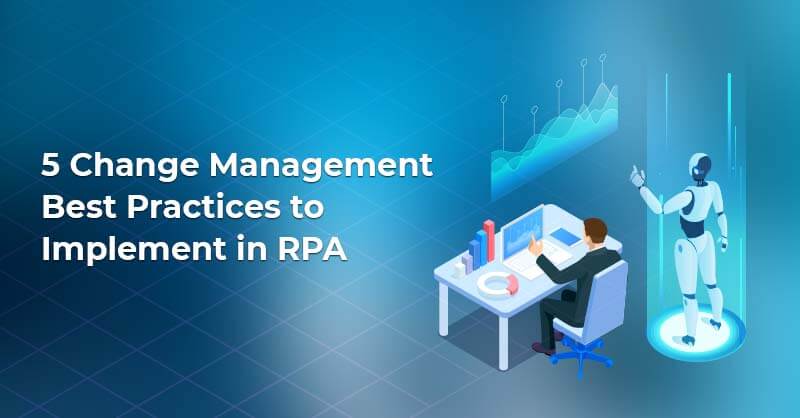The Key to Success with RPA in Supply Chain and Logistics
Written by Priya George
Content WriterDisruptions in the supply chain operations due to post-pandemic anxieties and economic/geopolitical uncertainties have become a constant. Creating a smooth supply chain management experience is the foremost concern for businesses across industries. With the advent of e-commerce, customers expect seamless delivery experiences. Gartner's recent research found that 80% of organizations expect supply chains to be faster order fulfillment and accurate decision-making.
With the help of Robotic Process Automation in supply chain and logistics, organizations can integrate advanced AI/ML technologies to usher in automation in business processes, thus reducing repetitive tasks and creating more opportunities for teams to focus on innovation. RPA in supply chain management is expected to become mainstream in 2-5 years. Integrating RPA into the organization results in multiple departments benefiting:
- Retail: With RPA, can conduct demand and supply planning and automate stock reorder when running low, thus improving employee productivity and order fulfillment.
- Logistics: Robotic process automation in logistics ensures reduced liability and increased transparency with routine tracking of shipments via sensors and bots.
- Manufacturing: Can keep track of raw and processing material and ensure no upcoming bottlenecks in the production process.
- Customer Service: Automatic troubleshooting and solutions help resolve multiple customer concerns and thus increase customer satisfaction and engagement in the long run.
Supply Chain Management is only part of the entire product cycle. Robotic process automation can be incorporated into all aspects of the product cycle. Read our whitepaper to learn more about how RPA can bring exponential change to the retail industry.
RPA in Supply Chain and Logistics: Guaranteed Success
Through the inclusion of supply chain robotics, companies improve workflows. With a software bot, supply chain automation, complex calculations, system updates, and data reconciliation can be done in seconds. RPA in supply chain management also relies on other technologies, such as IoT and AI/ML, to seamlessly replace manual and automated processes. There are several vital supply chain operations that RPA can substantially improve:
- Data Entry: This operation often is seen as mundane and highly repetitive. Additionally, with data silos scattered across geographies, platforms, and formats, integration is expensive and can lead to errors. With RPA, you can automate the information flow and data entry process.
- Data Analytics: Data entry is but one part of the process; with RPA, companies can create automated processes for data cleaning, formatting, and preparation. Thus, it provides a good base for developing a data analytics pipeline.
- Integration with AI, AR, and IoT: With the latest advances in IoT/edge devices, AR interface, and AI/ML, RPA enables advanced supply chain robotics to improve warehouse efficiency and ensure end-to-end visibility.
- Customer Relationship: Customers also expect end-to-end visibility of their product delivery along with customer-first communication. Order management, email automation, and handling returns are the key areas where companies can automate processes using RPA.
- Inventory Process Automation: By replacing manual processes, companies can respond quickly to proposals, queries, and questions. Additionally, RPA in the supply chain allows seamless integration with legacy systems, thus creating automation solutions spanning software, systems, and tools.
While robotic process automation reaps multiple benefits and can be applied across departments and use cases, companies must strategize and select the key processes where they wish to incorporate RPA within the entire supply chain. Companies like Automation Anywhere, Data Robot, and UiPath create RPA solutions for businesses to automate their end-to-end supply chain processes.
However, companies require experts for these solutions so that proper application can occur. Setting goals, creating pilot programs before executive approval, defining parameters, and changing management processes are essential steps to successfully setting up RPA in supply chain operations. In this situation, partners like Royal Cyber step in.
How Can Royal Cyber Help?
Supply chain robotics in business processes is the future. However, the challenge is finding the right experts to build & implement the solutions that best fit your business requirements. Our Royal Cyber RPA experts come in useful- with over 90+ bots in production & 65+ certified resources, this elite team can enable end-to-end process automation, create centralized dashboard/control panels, and integrate & secure essential applications. Our team, partnering with leaders in the RPA field like UiPath, Automation Anywhere, & DataRobot, has developed unique solutions across multiple industries. Read about our unique solutions & get in touch to learn more:
- Real Estate and more
In addition, you can get a free automation assessment for your company. For more information, visit us at www.royalcyber.com and contact us at [email protected].



